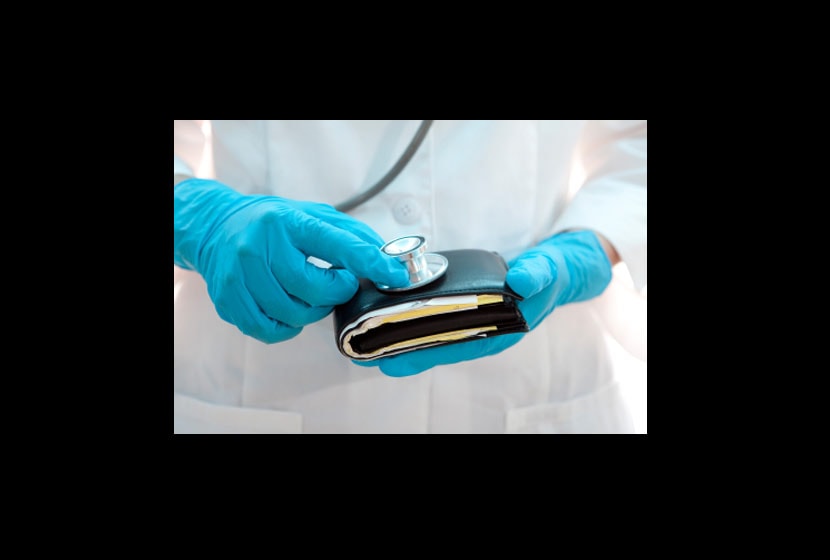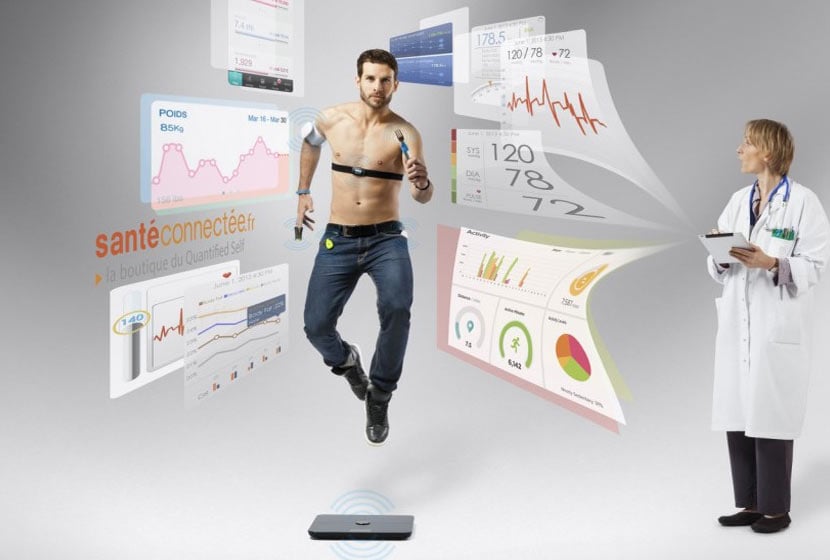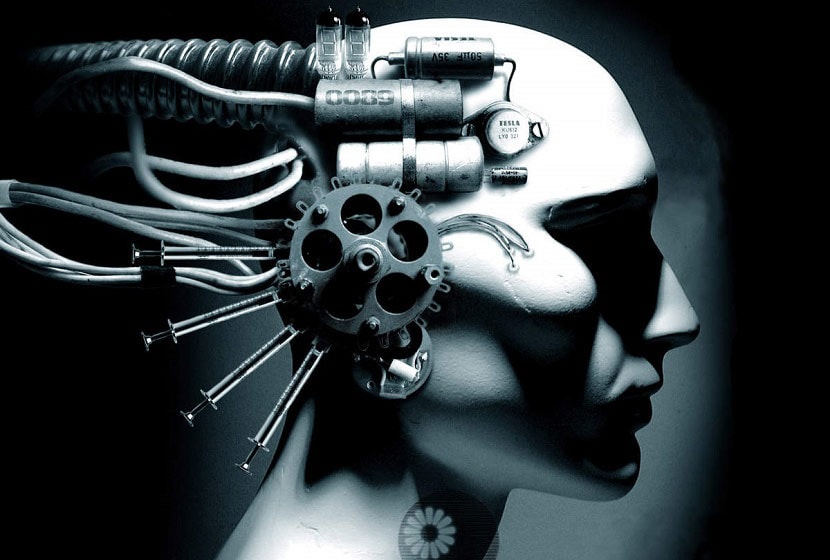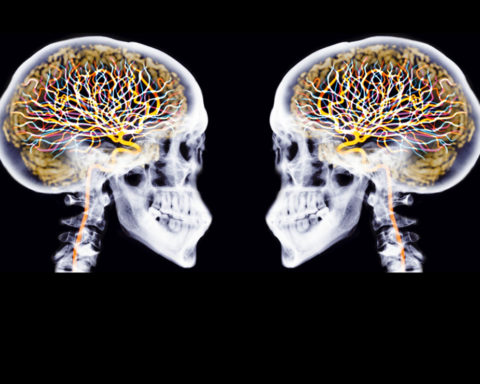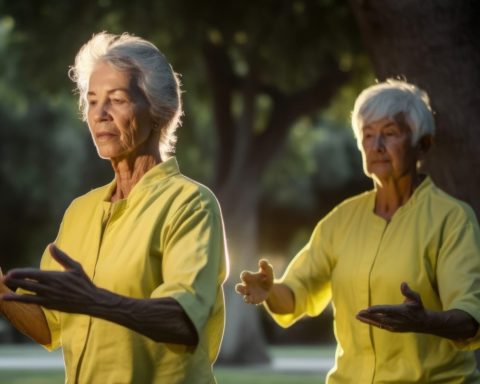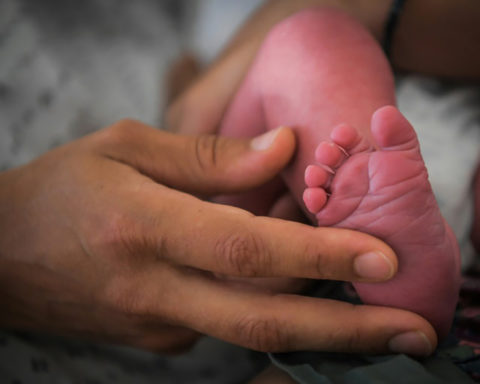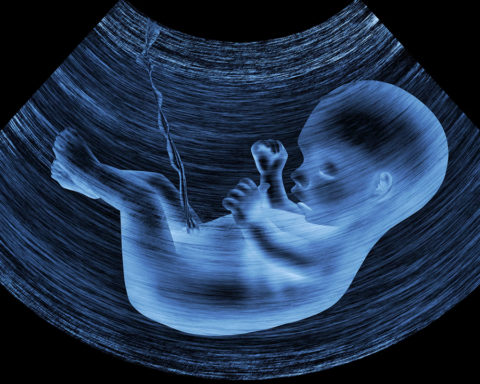Chèque Santé, Chèque solidaire: fighting against precariousness by allowing access to healthcare for all via the CCAS. After the Chèques vacances, here is the chèque santé financé par l'entreprise, le CE ou la collectivité, to facilitate care for all employees, agents or beneficiaries of social resources and which will be marketed on 1 January 2015. By launching the first prepaid voucher dedicated to health benefits, Chèque Santé wants to respond to a public health issue. All the more so as the social security gap will be larger than expected this year, reaching "11.7 billion euros in 2014". according to Marisol TouraineMinister of Social Affairs.
While one French person in three, whether or not covered by a mutual insurance company, gives up health care due to lack of means, what solutions exist?
Behind this alarming figure, there are even more worrying situations. Among people receiving minimum social benefits, the rate is even higher: 63% of them give up oral care, 25% give up glasses and 16% give up specialist care [1]. Within this population, young people and senior citizens are particularly affected. Chèque Santé therefore wants to leave no one by the wayside and proposes to extend health vouchers to recipients of social assistance in the same way as food or energy vouchers that enable them to pay their bills.
The Chèque Santé is available for the most disadvantaged people
 While Chèque Santé is a social management tool offered to companies, works councils and local authorities for the benefit of their employees or users, it can also be declined as a social and solidarity Health Vouchers.
While Chèque Santé is a social management tool offered to companies, works councils and local authorities for the benefit of their employees or users, it can also be declined as a social and solidarity Health Vouchers.
On October 15 and 16, Chèque Santé will participate in the National Congress of the National Union of CCAS. While the global budget devoted to financial aid for access to healthcare or health in 2013 by the CCAS can be estimated at a little over 3 million euros and 59 % of the CCAS involved in the field of access to health declare allocating financial aid [2], Vincent Daffourd, president of Chèque Santé, wants to take advantage of this congress to propose to the representatives of the CCAS a new mechanism in the health section of the aid provided to the most disadvantaged: "Our desire is to provide access to healthcare for all. No population must be left behind. By offering our system to the various social services, we can reach people who cannot benefit from it through their company: young people and retirees, in particular! »
Indeed, the health issue is very important in the accompaniment of underprivileged groups. Thus, for example, during the social work days organised by FNARS [3] at the end of 2013, social workers often mentioned the lack of means and mechanisms to deal with the increasing number of difficulties of the people they accompany. They have widely testified that "health is an omnipresent theme due to the increase in mental disorders, addictions or serious illnesses treated with delay due to lack of prevention and diagnosis". Social support professionals, powerless in the face of such observations, have set themselves the priority objective of combating this inequality of access to care. "Health cannot be relegated to the background in the integration process at the risk of failure of the entire reintegration process".
On the strength of this observation and of a competence in the social sector, internalized within Care Labs SAS, a reflection has been carried out on the opportunity to open up the spectrum of the deployment of Chèque Santé towards social services. It turns out that the first contacts made are given special attention by these players and that the system, initially anchored in an employer/employee relationship, could be conceived in a prescriber/beneficiary relationship.
How does it work?
It's very simple: local authorities wishing to invest in the good health and well-being of citizens in a precarious situation join the Chèque Santé scheme and open, via the CCAS or other social actors, an individual account in the name of the beneficiary for the amount of their choice. For what amount? Companies experimenting with this future product have decided to grant €150 per year and per employee on average, according to Vincent Daffourd, president of Care Labs. A sum financed by the works council or directly by the employer - with some exceptions, exempt from social security contributions.
This "health" credit ensures that the allocated aid is strictly used in a health-oriented path that meets a need of the beneficiary: dental surgeons, speech therapists, orthodontists, psychologists, nutritionists, physiotherapists, medical equipment, ...
On the technical side, Chèque Santé will issue dematerialized vouchers available on a smartphone or a card equipped with a personal and secure QR Code. Thus the health professional does not need a payment terminal. The employee has access to his balance via the application and he can re-credit his account himself or be reimbursed by his works council, his mutual insurance company or his insurance company. The Chèque Santé application will offer the possibility of making medical or paramedical appointments online, with a reminder of the dates, compulsory vaccinations, coaching sessions, etc. To date, 10,000 general practitioners, dentists and osteopaths have already committed to accepting this new means of payment.

Young, Female, Senior: precarious? Comparison with the United States
The UNCCAS Barometer 2013 has put the spotlight on health and access to care. "Since 2009, the CCAS have noted an overall increase in requests for aid relating to health: help with the payment of care, the acquisition of a mutual insurance company, the assumption of non-reimbursed expenses, the rest to be paid for... The response consists of administrative support and/or financial aid for two thirds of the CCAS. »
If the increase is generalised, especially in a difficult situation for everyone; it is important to know the profile of people in precarious situations, in order to provide them with the appropriate support.
Thus, in France, as in the United States, the figures are indisputable: the precariousness of access to medical care affects low-income populations, particularly young people, women and retirees.
In France, 68 % of the people seeking financial assistance for access to care from the CCAS are women; 42 % of these people are retired. Even though 83 % of the applicants are affiliated to Social Security; more than a quarter (27 %) are not covered by any complementary health insurance.
Similarly, in the United States, only 2% of senior citizens are not covered by public health insurance, although 29% of senior citizens declare that they are unable to obtain treatment. 4] Coverage and access to care are two different things! With the support of studies, Vincent Daffourd does not doubt for a moment the success of his product: "In the United States, for every 1 $ invested, between 3 and 8 $ are earned five years later. Tackling stress, fatigue, muscular or psychosocial disorders reduces absenteeism or accidents at work..
Access to healthcare for under-25s is also an alarming fact denounced by the Mutuelle des Etudiants, which indicates that "one third of students, declare having given up medical care in the last 12 months, mainly for financial reasons (29%). At the same time, the Student Mutual Society (LMDE) shows that the fact of having complementary health care improves the state of health of students by facilitating access to dental, optical, gynaecological, etc...". [5]
Not to mention the problems of absenteeism. Six days per year on average. This is the rate of absenteeism in 2013 revealed by a study by Alma Consulting Group. 67% of the HRDs and 68% of the employees state that the main cause of this absenteeism is the employee's state of health. " The health of the employees is the health of the company! Perfectly integrated into companies' CSR policies, Chèque Santé is an innovative and socially responsible alternative to guarantee a better Quality of Life at Work (QWL) and a genuine Corporate Health Prevention policy (CHE). "argues the founder ln an interview with the magazine info expoprotection.com.
Innovation is the result of entrepreneurial activities such as this one to fight against inequalities, for inclusive growth, i.e. growth with social mobility that leaves no one by the wayside.
About Chèque Santé
Born from a personal experience lived by the two co-founders, Chèque Santé is a product of CARE LABS SAS, created in June 2014. In 2010, Vincent Daffourd, the project leader, and his respiratory physiotherapist, Guillaume Gallois, noted the absence of a system dedicated to financing complementary care for allopathic treatments, even though there is a wide range of prepaid vouchers for employees: After three years of market research and a three-year battle to stabilize his illness, Vincent Daffourd launched Chèque Santé: the first prepaid voucher for health services to be marketed to companies, works councils, local authorities, mutual insurance companies, associations and social services.
Key figures :
- 35 % of French people give up care due to lack of means
- 600€/year remain at the charge of the households after reimbursement
- 300,000 health professionals and therapists (osteopaths, psychologists, nutritionists, etc.) are not reimbursed.
________________________________________
1] National Council for Policies to Combat Poverty and Social Exclusion - CNLE
2] www.unccas.org, Enquêtes et observations sociales review - "Access to health care and health: actions of the CCAS", No. 7 JUNE 2014: The financial aid granted by the CCASs in the field of access to health care mainly finances the purchase of small appliances (hearing aids, orthodontics, glasses) and aid for the acquisition of a complementary contract (concerns 73 % and 70 % respectively of the CCASs granting financial aid for health care).
3] National Federation of Associations for Reception and Social Reinsertion [3] Fédération Nationale des associations d'Accueil et de Réinsertion Sociale
4] United States: seniority, precariousness, etc., 5 June 2013 - http://etudes-economiques.credit-agricole.com/medias/EF13_42_PVB_20130605.pdf
[5] http://www.leciss.org/bons-points-mauvais-points/15--24-ans-lge-de-plomb-pour-laccs-aux-soins

